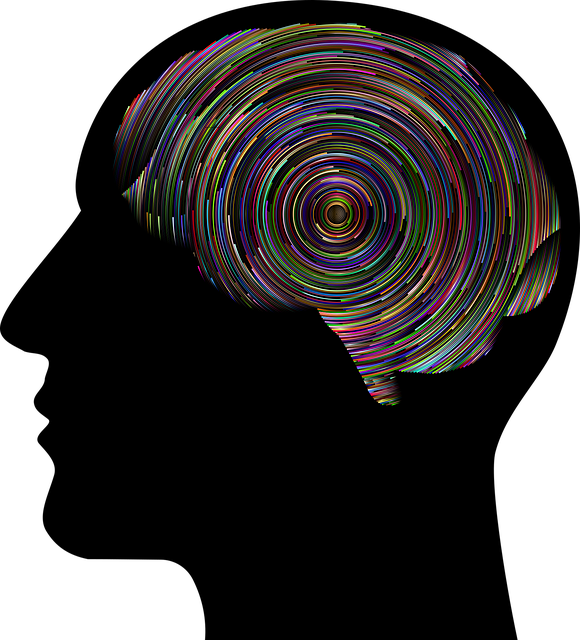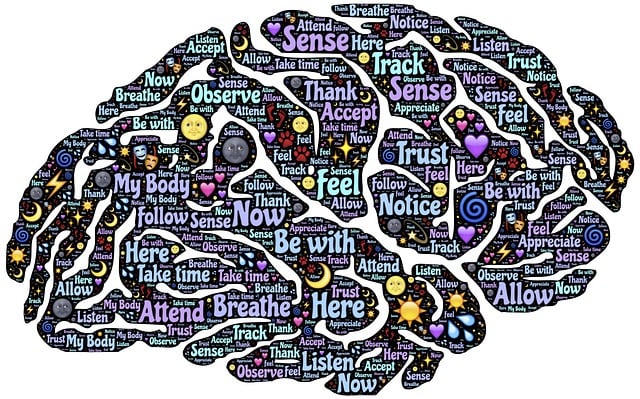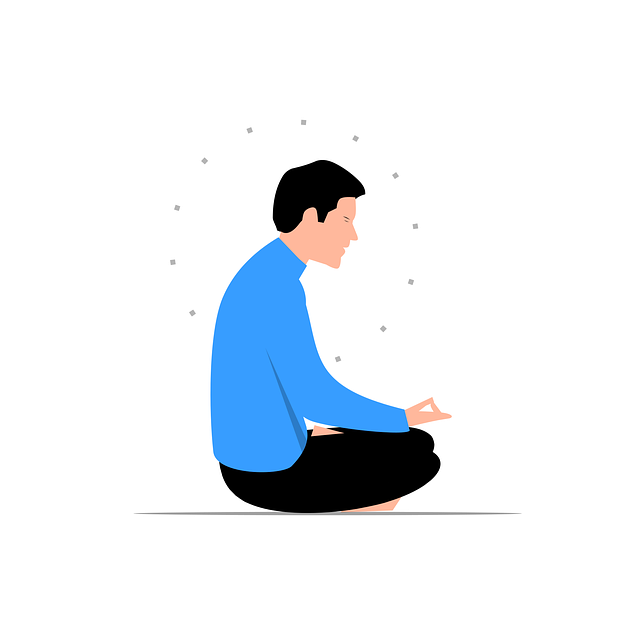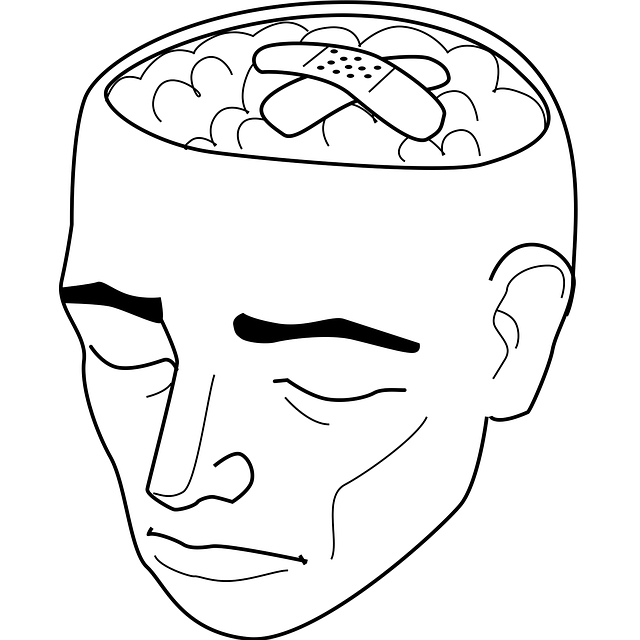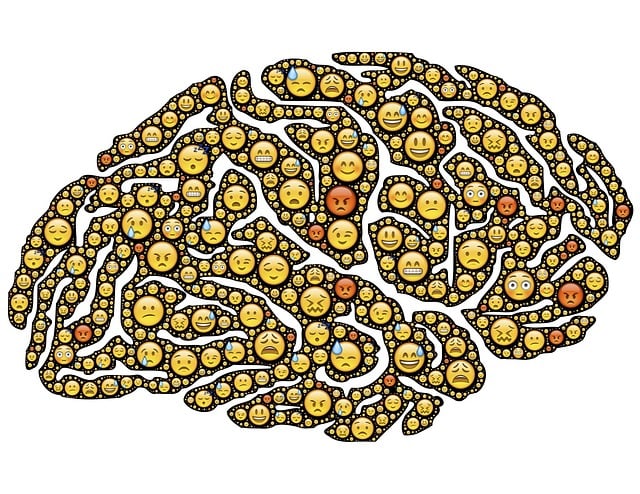In today's digital age, Castle Rock Family Counseling Therapy leads the way with popular mental wellness apps that offer personalized support, combat stigma, and empower users through accessible counseling. These apps provide tailored services like emotional intelligence exercises, stress management tools, and progress tracking, while ensuring robust data privacy through encryption and anonymization. A strong focus on user experience design, coupled with effective marketing strategies targeting specific communities, ensures these apps stand out in a competitive market. By aligning with trends in mental health care and incorporating gamification, they foster long-term user engagement and emotional wellness.
In today’s fast-paced world, mental wellness apps offer a crucial resource for individuals seeking support. As recognized by Castle Rock Family Counseling Therapy, these digital tools can fill gaps in traditional therapy services. This article explores the development of effective mental wellness apps, covering key features, technology and privacy concerns, user experience design, marketing strategies, and sustainability. By examining these aspects, we aim to provide insights into creating impactful apps that foster therapeutic environments, much like Castle Rock Family Counseling Therapy’s commitment to their clients.
- Understanding the Need for Mental Wellness Apps
- Key Features of an Effective App: Castle Rock Family Counseling Therapy's Perspective
- Technology and Privacy: Balancing Act for Secure Data Handling
- User Experience Design: Creating an Engaging and Therapeutic Environment
- Marketing and Sustainability: Reaching Users and Ensuring Longevity
Understanding the Need for Mental Wellness Apps

In today’s fast-paced world, mental wellness has emerged as a paramount concern, with an increasing awareness of the impact on overall health. The demand for accessible and personalized support has led to a surge in interest for mental wellness apps, serving as convenient tools that offer therapy and counseling services at users’ fingertips. Castle Rock Family Counseling Therapy, among other providers, recognizes this need, extending their reach through digital platforms to cater to diverse populations.
These applications not only cater to individual needs but also play a crucial role in reducing the stigma associated with mental illness by providing resources for self-care and social skills training. By leveraging technology, mental wellness apps offer discreet, confidential support, breaking down barriers to care and fostering a sense of empowerment among users striving for improved mental health.
Key Features of an Effective App: Castle Rock Family Counseling Therapy's Perspective

At Castle Rock Family Counseling Therapy, we believe an effective mental wellness app should be a multifaceted tool that supports users’ emotional well-being and mental resilience. Key features that set a apart a truly beneficial app include personalized plans tailored to individual needs, accessible resources for stress management and self-care, and integrated tools for tracking progress and mood. Incorporating evidence-based practices such as Emotional Intelligence (EI) exercises and Compassion Cultivation Practices can empower users to develop coping strategies and build resilience.
Moreover, robust risk management planning is crucial within these apps, especially for mental health professionals using them as part of their practice. This ensures safe and responsible use, prioritizing user privacy and data security. By combining these elements, a well-designed app like Castle Rock Family Counseling Therapy’s offering can provide a holistic approach to mental wellness, fostering a sense of balance and empowerment among its users.
Technology and Privacy: Balancing Act for Secure Data Handling

In the realm of mental wellness app development, technology and privacy form a delicate balance. As users increasingly turn to digital tools for support, ensuring secure data handling is paramount. Apps like Castle Rock Family Counseling Therapy must adhere to strict protocols to safeguard sensitive information shared by individuals seeking help. This involves employing robust encryption methods, anonymization techniques, and transparent data collection practices to protect user privacy.
Integrating features such as Mindfulness Meditation, Communication Strategies, and Compassion Cultivation Practices can enhance the app’s effectiveness while maintaining a strong focus on security. By fostering a secure digital environment, these mental wellness apps can offer accessible support without compromising the confidentiality of users’ personal journeys towards improved mental health.
User Experience Design: Creating an Engaging and Therapeutic Environment

User Experience Design plays a pivotal role in shaping the success of mental wellness apps, aiming to create engaging and therapeutic environments that support users on their journey to emotional healing processes. By prioritizing intuitive navigation and visually appealing interfaces, these apps can foster a sense of comfort and trust, essential for encouraging users to engage in emotional well-being promotion techniques. Incorporating interactive features, personalized content, and seamless feedback mechanisms enhances user satisfaction and encourages consistent app usage.
In the realm of Castle Rock Family Counseling Therapy, for instance, an excellently designed mental wellness app might offer tools for stress management, communication exercises, and virtual counseling sessions, all woven into a user-friendly experience. Such apps can also integrate burnout prevention strategies by providing users with resources to set boundaries, manage time effectively, and practice self-care, ultimately contributing to the maintenance of long-term mental health.
Marketing and Sustainability: Reaching Users and Ensuring Longevity

Marketing and sustainability go hand in hand when it comes to mental wellness app development. To reach users effectively, apps must stand out in a crowded market while appealing to their target demographics. Integrating innovative features like personalized therapy plans and mindfulness exercises can attract users, but maintaining long-term engagement is crucial for app longevity. Strategies such as offering tailored content based on user progress, implementing gamification elements, and fostering communities through social features can encourage continued usage.
For mental wellness apps to thrive, especially in competitive markets like that of Castle Rock Family Counseling Therapy, focusing on user retention is key. This involves understanding user needs and preferences and continually adapting the app to reflect these insights. By aligning with broader trends like Healthcare Provider Cultural Competency Training and Community Outreach Program Implementation, developers can ensure their apps remain relevant and appealing. Moreover, cultivating emotional intelligence within the app’s design and interactions can foster deeper connections between users and their mental health tools.
Mental wellness apps have become a crucial tool in addressing the growing need for accessible therapy. As evidenced by Castle Rock Family Counseling Therapy’s insights, these applications must offer a range of key features for effectiveness. Balancing technology and privacy is essential to gaining user trust, while an engaging user experience can foster therapeutic outcomes. With strategic marketing and sustainable business models, mental wellness apps have the potential to revolutionize access to care, reaching a wide audience in need. By combining these elements, developers can create impactful tools that make therapy accessible to all.
